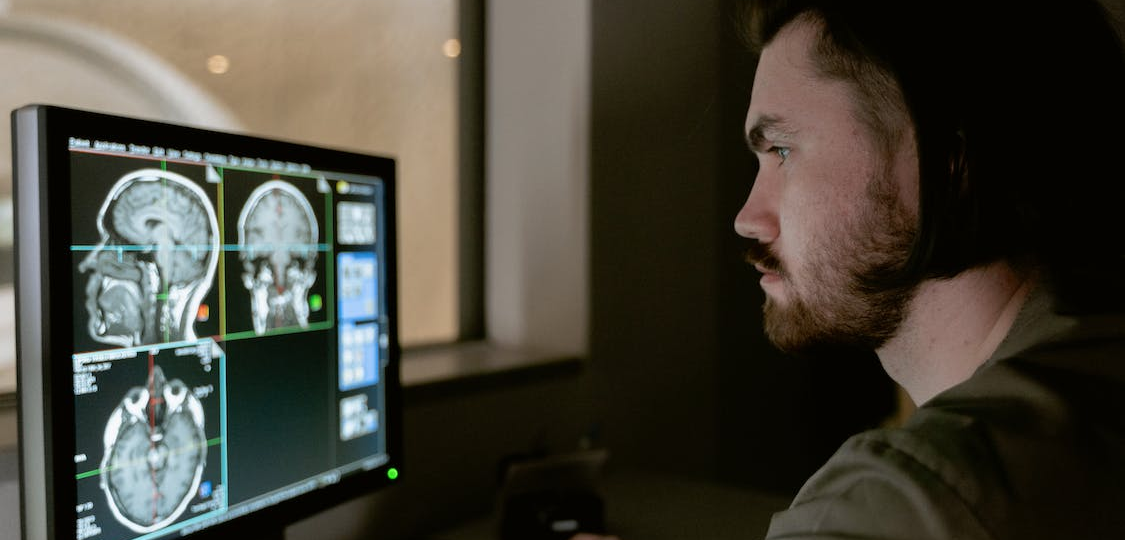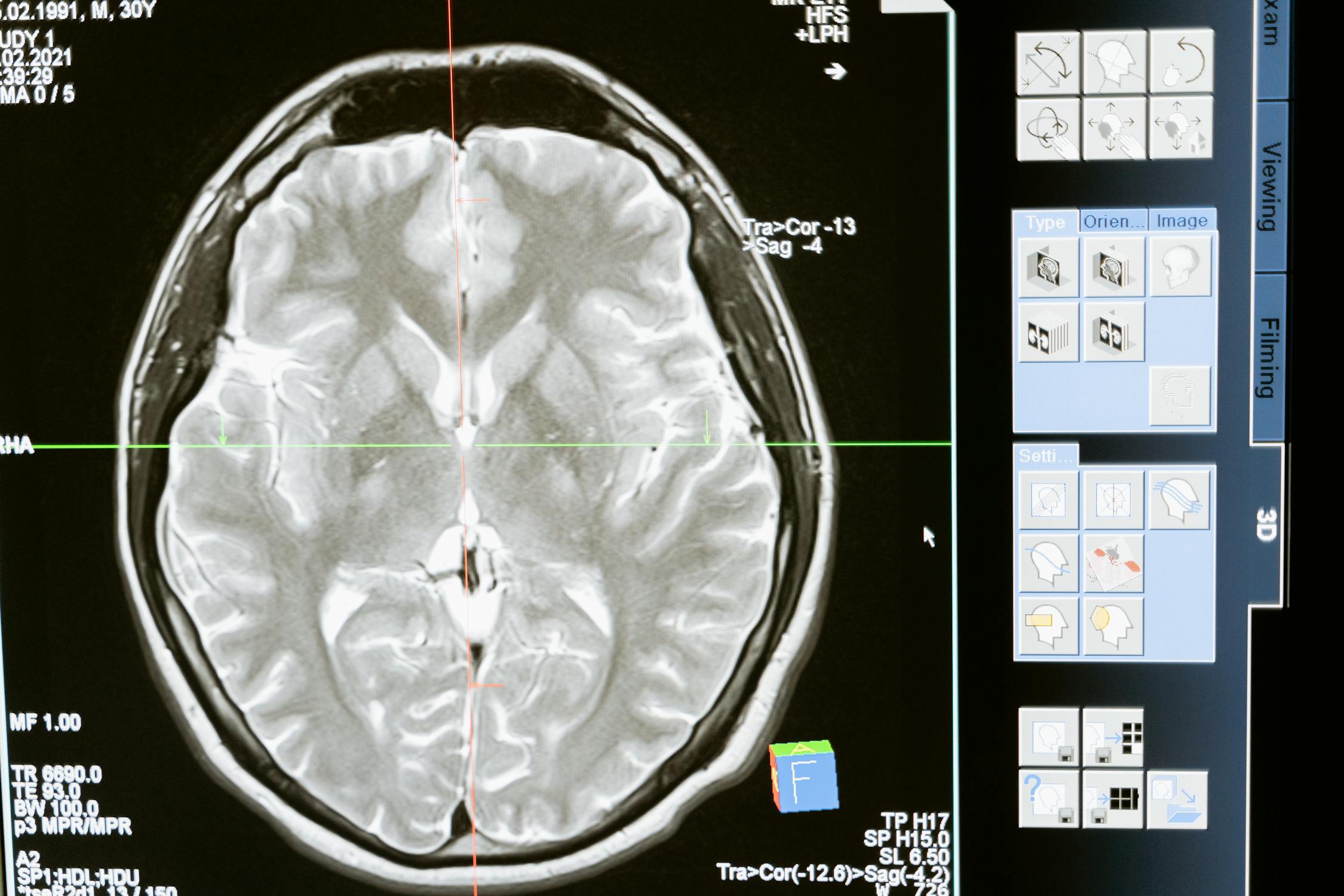
Traumatic brain injuries (TBIs) are not just painful; they can be life-altering, and the recipient can never truly recover from the injury. While medicinal intervention is essential, traumatic brain injuries can also be legally significant. If the injury is a result of another person or institution’s negligence, the recipient can file a personal injury claim.
This blog focuses on traumatic brain injuries and their significance in Canadian personal injury law.
An Overview of Traumatic Brain Injuries in Personal Injury Law
Recognizing the Severity of Traumatic Brain Injuries
TBIs are often referred to as “invisible injuries” due to the challenges in diagnosing and assessing their severity. In personal injury cases, it is essential to recognize and establish the true extent of the brain injury’s impact on the victim’s life. Lawyers, medical professionals, and experts play a crucial role in providing evidence to establish the severity of the TBI and its consequences for the individual.
Establishing Causation and Liability
Proving causation is a critical aspect of any personal injury case. Establishing a direct link between the negligent actions of another party and the traumatic brain injury is essential for determining liability. This can involve thorough investigations, expert testimonies, and the compilation of medical evidence to demonstrate that the TBI resulted from the negligent conduct of the responsible party.
Long-Term Rehabilitation and Future Care Costs
Traumatic brain injuries often require extensive and long-term rehabilitation. In the realm of Canadian personal injury law, calculating the future care costs associated with TBIs is a complex task. Legal professionals must work closely with medical experts and life care planners to assess the ongoing medical and rehabilitation needs of the victim, ensuring that any settlement or award adequately addresses these long-term costs.
Impact on Quality of Life and Loss of Enjoyment
Beyond the immediate medical and rehabilitation costs, traumatic brain injuries can significantly impact the victim’s quality of life. Loss of enjoyment, changes in cognitive function, and emotional distress are all factors that need to be considered when seeking compensation. Lawyers specializing in personal injury law must advocate for their clients to ensure that the full spectrum of damages, including intangible losses, is taken into account during legal proceedings.
Final Thoughts
Navigating traumatic brain injury cases within the realm of Canadian personal injury law requires a deep understanding of the unique challenges these cases present. From establishing causation and liability to assessing long-term rehabilitation costs and addressing the intangible impacts on quality of life, personal injury lawyers play a pivotal role in advocating for the rights of TBI victims.
Get the Justice You Deserve with Personal Injury Lawyers from Nanda and Associate Lawyers
The client’s needs are front and center of all operations in Nanda and Associate Lawyers, a premier law firm in Ontario. Our team of personal injury lawyers specialize in different cases, including slip and fall, traumatic brain injury, car accidents, and more. Contact us now to file personal injury claims and get the justice you deserve.






